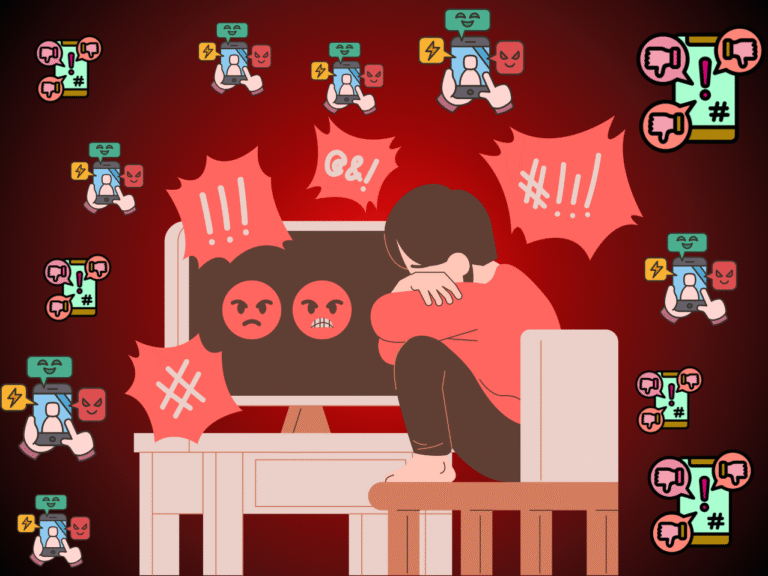Defamation & Harassment Cases (Social Media): Protecting Your Digital Dignity
The rise of social media has brought people closer, allowing free expression like never before. But with freedom comes responsibility—and unfortunately, not everyone plays by the rules. In today’s digital age, defamation and harassment on social media have become common but serious issues, often leading to mental trauma, reputational damage, and legal action.
If you’re a victim or accused of online defamation or harassment, it’s important to understand your legal rights and options. And that’s where experts like legal teams at AK Legal Mantra step in to guide you.

What is Social Media Defamation?
Defamation refers to any false statement made publicly that harms a person’s reputation. When such statements are made on platforms like Facebook, X (Twitter), Instagram, or WhatsApp, it becomes online or digital defamation.
There are two types:
- Libel: Written or posted content (tweets, comments, posts, stories)
- Slander: Spoken words (live videos, audio notes)
What is Social Media Harassment?
Online harassment is persistent unwanted behavior that causes emotional distress or fear. This includes:
- Cyberbullying
- Trolling
- Sending threats or abusive messages
- Sharing private photos or information without consent (doxxing)
- Stalking via DMs or fake accounts
Examples of Online Defamation and Harassment
- A viral Facebook post accusing someone of fraud without proof
- Posting edited photos or videos to harm reputation
- Making false claims about someone’s character in public groups
- Sending threatening or sexually explicit messages repeatedly
- Creating fake profiles to mock or attack someone
Laws in India Against Online Defamation & Harassment
1. Section 499 & 500 IPC (Defamation)
Defines and punishes defamation with imprisonment up to 2 years and/or fine.
2. Section 66A IT Act (Now repealed)
Was earlier used for offensive messages online—declared unconstitutional in 2015.
3. Section 67 IT Act
Punishes publishing obscene material online—includes sharing private or explicit content without consent.
4. Section 354D IPC (Cyberstalking)
Punishes repeated online contact or tracking of women without consent.
5. Section 507 IPC
Covers criminal intimidation through anonymous communication—often used for anonymous threats.
AK Legal Mantra’s Expertise in Cyber Law Cases
At AK Legal Mantra, we understand the sensitivity and urgency of such matters. Our lawyers are trained in cyber law, defamation law, and digital evidence handling. We help:
Identify and preserve digital proof
Send cease-and-desist or legal notices
File civil/criminal defamation lawsuits
Approach the Cyber Cell or court when needed
Represent clients in legal proceedings with confidence and clarity
FAQs
1. Can I sue someone for defamation on Facebook or Instagram?
Yes. If the statement damages your reputation and is false, you can take legal action under IPC Section 499/500.
2. What should I do if someone is harassing me online?
Block them, report to the platform, collect evidence, and file a police complaint or consult a cyber lawyer.
3. Is sharing private messages online a crime?
Yes, especially if done without consent or with intent to harm—it may attract legal action.
4. Can a defamation case be filed without proof?
Proof is essential. You need evidence like screenshots, URLs, and witness testimony to build a strong case.
5. How fast are cybercrime complaints resolved?
Timelines vary, but early legal intervention speeds up the process. A good lawyer can help fast-track your case.
